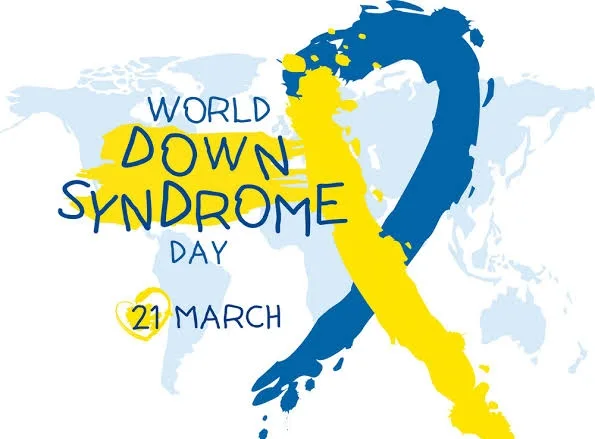Here are some key aspects of caring for people with Down syndrome:
1. Medical Care:
Regular medical check-ups and screenings are essential for managing the health concerns associated with Down syndrome. This includes monitoring for heart defects, vision and hearing impairments, thyroid disorders, and other medical conditions. Prompt intervention and treatment can help prevent complications and improve quality of life.
2. Early Intervention:
Early intervention programmes, including physical therapy, occupational therapy, speech therapy, and developmental interventions, are crucial for addressing developmental delays and promoting skill development in children with Down syndrome. Starting interventions as early as possible can significantly improve outcomes and enhance independence.
3. Education:
Individuals with Down syndrome benefit from inclusive education programmes that provide appropriate support and accommodations to meet their learning needs. Special education services, individualised education plans (IEPs), and support from teachers, therapists, and aides can help facilitate academic progress and social development.
4. Social support:
Building strong social connections and fostering relationships with family, friends, and peers is important for individuals with Down syndrome. Encouraging participation in social activities, community events, and support groups can help combat isolation and promote social inclusion.
5. Independence skills:
Supporting individuals with Down syndrome in developing life skills and independence is crucial for their long-term well-being. This includes teaching self-care skills such as dressing, grooming, and hygiene, as well as practical skills such as cooking, money management, and using public transportation.
6. Emotional support:
Individuals with Down syndrome may experience emotions and mental health challenges similar to those of the general population. Providing emotional support, encouragement, and reassurance can help build resilience and self-esteem. Counselling or therapy may be beneficial for addressing emotional issues or behavioural challenges.
7. Encouraging participation:
Encouraging participation in recreational activities, hobbies, and interests can enrich the lives of individuals with Down syndrome and help them develop talents and pursue passions. Providing opportunities for physical activity, creative expression, and cultural experiences can enhance overall well-being.
8. Advocacy:
Advocating for the rights, inclusion, and equal opportunities of individuals with Down syndrome is essential for promoting their dignity and autonomy. This includes advocating for access to education, healthcare, employment, housing, and community services, as well as challenging stereotypes and discrimination.
9. Family support:
Providing support and resources for families of individuals with Down syndrome is vital for their well-being and resilience. Family support groups, respite care services, and educational resources can help families navigate the challenges and celebrate the joys of raising a child with Down syndrome.
10. Respect and dignity:
Above all, treating individuals with Down syndrome with respect, dignity, and unconditional love is fundamental to their care. Recognising their unique strengths, abilities, and contributions to society fosters a culture of acceptance and inclusion for people of all abilities.
